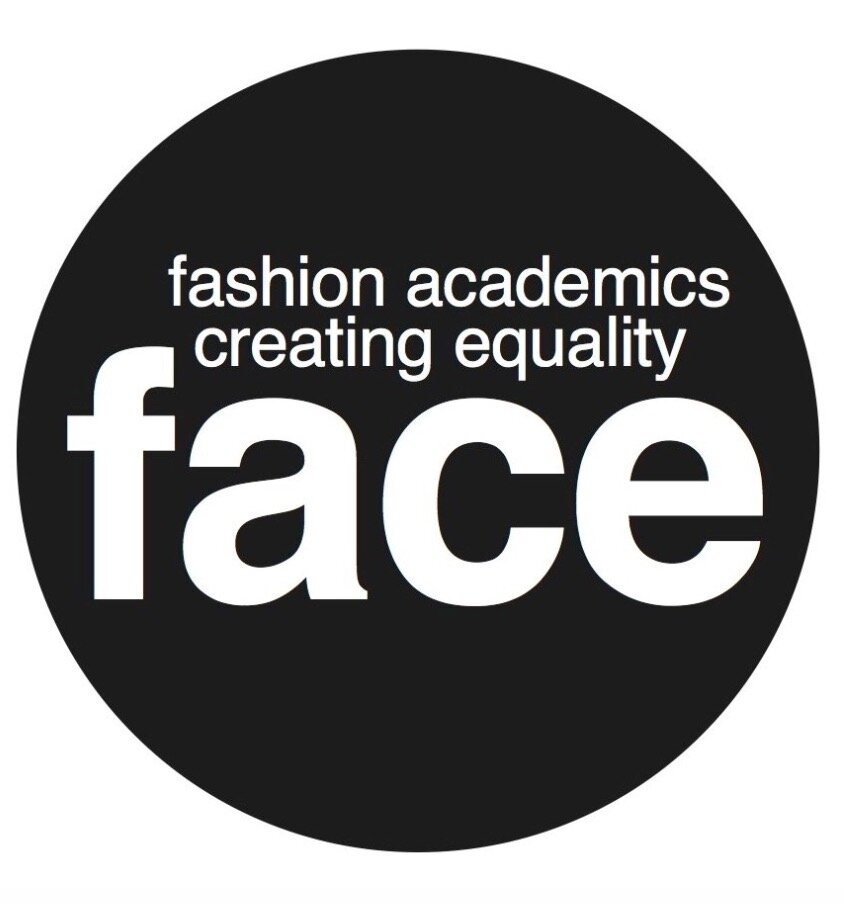See my FACE
Survey runs until June
With research gathered by FACE Member Chantelle Morton (below), we announce our latest campaign: See my FACE, which aims to - highlight the missing questions from the NSS student survey; align such omissions with Black and Brown student attainment rates; and demand the addition of these vital questions as an urgent action.
See my FACE will focus both institutions and students towards a race equality solution. Read on.
Our latest campaign highlights the missing questions from the NSS student survey
Progressing from our original letter writing campaign (which if you haven’t yet actioned please complete the simple steps here) FACE will now move to collect preliminary data to illustrate lack of support for Black and Brown creatives. This will be done by posing the following questions to students.
I was taught by a diverse, unbiased and inclusive teaching body.
I felt my academic progression was impartial, unbiased and equal.
I felt able to study a diverse, unbiased and inclusive curriculum.
I felt part of a diverse, unbiased and inclusive culture.
Please add any further insight into your lived experience as a student in relationship to 'Race'? How, for example has 'Race' impacted (if at all) your ability to study?
Answers supplied by students will act as a pilot study. And, as a powerful vehicle for student agency, See my FACE, will empower young creatives to participate in the co-creation of their own learning NOW! This will expose the lack of Black and Brown academics in the system NOW!
Why? Because we believe student learners deserve a balanced education NOW. One that honours diverse perspectives and inventive and personal enquiry, which must take place within in a supportive and diverse environment NOW!
As we have highlighted education has a responsibility to address the contribution to race and culture by Black and Brown creativity NOW. And there are benefits for all students NOW.
We believe student learners deserve a balanced education
Data below shows, students of colour remain unsupported in their study. A white-centric curriculum, together with a lack of racially diverse students, academics and visiting lecturers or expert speakers, amounts to isolation and disenfranchise for Black and Brown creatives. So, as attainment gaps illustrate, money spent on education by students of colour, does not deliver a comparable experience in both achievement, quality and wellbeing, when compared to their white cohort.
Meanwhile, white students are prevented from engaging with diverse opinions and race equality discussion throughout the duration of their fashion education.
FACE are calling upon academics or student change-makers to represent their institutions
FACE are calling upon academics or student change-makers to represent their institutions. Act now: Please use the contacts page on this website to notify us of your intention to stand as a FACE representative and help us collect this data by encouraging the student cohort to fill in our brief survey. Join us, in exposing the attainment gap for what it is. Race ignorant, race obstructive, race unjust.
Join us, in exposing the attainment gap for what it is. Race ignorant, race obstructive, race unjust
FACE the FACTS. Research by Chantelle Morton
Minority Ethnic students comprise nearly 20% of the student population
Degree attainment
81% of white students received a first or 2.1.
68% of students labelled BAME received a first or 2.1
This illustrates a -13% attainment gap.
However, when BAME is broken down for transparency we can see the gap widening to
-19% for students of Caribbean heritage.
-23% for students of African heritage.
Graduate outcomes
15 months after qualifying 62.7% of white leavers were in full time work
Those grouped under BAME numbered 55.4%
Graduate level jobs and post-graduate courses require 2.1 degree as a minimum entry qualification this prevents creatives of colour, progressing into the job market and the academic pipeline.
The dearth of Black academic staff
Black and Brown students are prevented from progressing to academic positions without minimum entry qualifications.
Black academics make up just 2% of the total working at UK universities
0.7% of Professors are Black.
Male professorships outnumber female professorships by 3-1
UK stats show white male professors’ number at 15,700, while Black female professors’ number at 25
Only 75 people on university governing bodies identified as Black from a group of 3,600
Pay gap
Taken from data produced by Russel Group universities and based on average salaries of white males at £55.000.
White women were paid 15% less.
Asian women 22% less
Black women 39% less
Action
Exclusionary practice must be acknowledged and countered by specific gender and racial rebalancing.
The democratisation of classrooms
Student essay titles written in-collaboration with lecturers
Co-design of marking criteria and module evaluation
Negotiation of what topics will be taught
Student-staff partnerships to co-create solutions
Terminology is key
Student-staff partnerships to co-create solutions
Partnership to the curriculum
Students as partners
Co-creators, co-enquirers
Change Agents
Leadership obligations
Initiating conversations about race and changing cultures
Prioritising racially and socially diverse environments
Prioritising racially and socially diverse leadership teams
Seeking and engaging with data on attainment, as a race equality remit.
Engaging with feeder institutions populated by low income and, or, Black or Brown creatives
Sharing good practice
References
Attainment Gap - Advance HE Equality+Higher Education Students Statistical Report 2020
Graduate Outcomes - Advance HE Equality+Higher Education Students Statistical Report 2020
The Dearth of Black Academic staff - https://www.theguardian.com/education/2020/feb/27/fewer-than-1-of-uk-university-professors-are-black-figures-show
Pay Gap - https://www.bbc.co.uk/news/education-48121840
* * * *
Further reading: Bias in the selection process
Text Caryn Franklin

